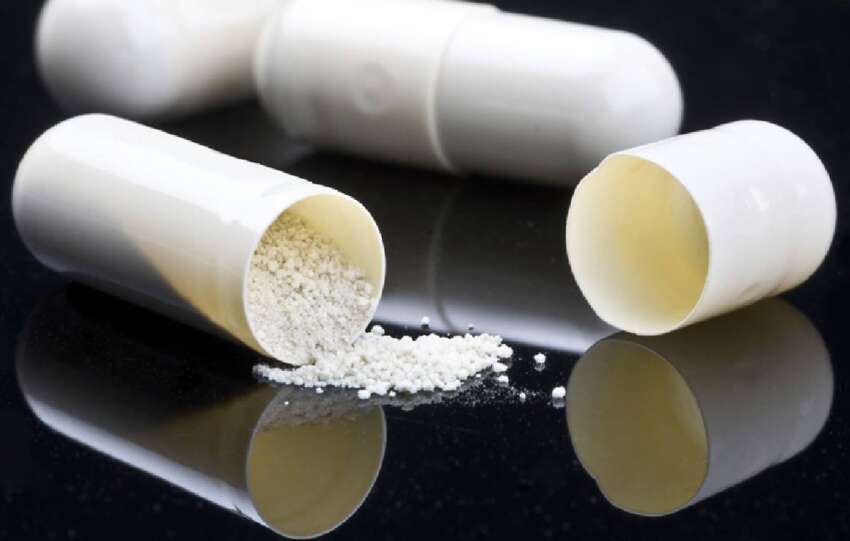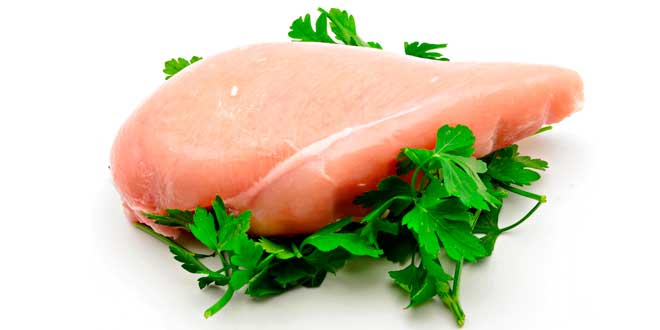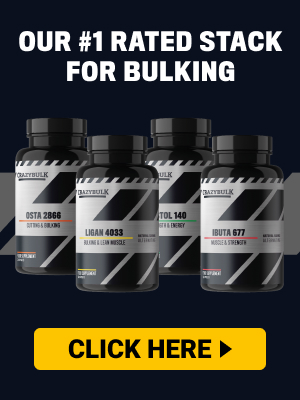L-leucine Muscle Building Benefits
L-leucine, or simply leucine, needs no introduction in the health and fitness industry. This supplement is among a group of branched-chain amino acids or BCAA that is used as a supplement. Among the many potential benefits of L-leucine is its ability to improve the growth of muscle cells.
Bodybuilders and anyone who is trying to increase their muscle mass often rely on leucine-rich, protein supplements. This BCAA component works as an anabolic trigger that kicks off the muscle fibers to grow.
But how true is this claim, and should you be using leucine as a supplement to increase your muscle mass?
Below are all the answers you need.

Does L-leucine help build muscle?
BCAA groups of amino acids are known to improve muscle growth and strength. This group of amino acids is also known to help in faster muscle recovery after injury.
According to The Physiological Society study, high doses of leucine can induce the differentiation of satellite cells and thereby improve muscle size growth.
Among the proteins in the BCAA, leucine is the most studied and researched amino acid because it has a high oxidation rate and stimulates protein synthesis in muscles.
A resistance trainer’s mental and physical performance may also improve when this amino acid is taken as a supplement.
Another research published on PubMed also reveals that taking a supplement of leucine metabolite beta-hydroxy-beta-methyl butyrate, about 3 gm/day causes an increase in the deposition of fat-free muscle mass. When this supplement is combined with strength training, it also increases overall strength.
The same study reveals that individuals taking 76% of leucine supplements while engaging in moderate energy exercises experienced loss of visceral adipose tissue. In most cases, though, leucine supplement was taken in combination with other BCAA and in large doses.
Outside of resistance training and bodybuilding, a leucine-rich protein supplement is known to improve body mass index, body weight, and lean body mass in individuals prone to sarcopenia.
Sarcopenia is an old age-related condition that results in the loss of muscle tissue and fibers.
Older folks are more susceptible to this loss of muscle mass, but some younger persons can also have this muscle deteriorating condition.
How L-leucine works in muscle growth
As highlighted above, L-leucine belongs to a group of amino acids called BCAA that can stimulate muscle protein growth.
When bodybuilders or fitness enthusiasts combine resistance training with a leucine-rich protein supplement, it naturally increases the levels of amino acids in the bloodstream.
The amino acids from leucine trigger a pathway called the mTOR or the mechanistic target of rapamycin.
This pathway in the body kicks the muscles into an anabolic state, which is also called the growth phase. Once the muscle fibers enter the anabolic state, it leads to an increase in muscle mass.
How much leucine should I take a day to build muscle?
The USDA recommended daily dose of L-leucine is 17.7 mg/lb of your total body weight. For instance, a person weighing an average of 154 lbs or 70 kgs requires 2730 mg or 2.730 gm of leucine supplement in a day.
However, bodybuilders or anyone who is trying to gain a significant muscle mass requires more leucine daily. Journal of International Society of Sports Nutrition recommends bodybuilders and athletes to consume 300 to 3,000 mg of leucine supplement after every three to four hours a day.
This recommended dose of leucine is much higher than the recommended dose by the USDA.
If you are not too keen on gulping a leucine-rich protein shake throughout the day, you can supplement it by eating leucine-rich foods. Some of the foods that have high leucine content are:
- Chicken leg – 2000 mg per 100 gm
- Beef – 2945 mg per 100 gm
- Tuna – 2431 mg per 100 gm
- Pork chops – 2185 mg per 100 gm
- Canned beans – 639 mg per 100 gm
- Eggs – 1075 mg per 100 gm
- Tofu – 1392 mg per 100 gm
- Ricotta Cheese – 1235 mg per 100 gm
- Pumpkin seeds – 2388 mg per 100 gm
Does L-leucine increase testosterone?
According to the International Journal of Exercise Science, L-leucine is known to increase testosterone. A study including 14 men and women between the ages of 23 to 27 shows a significant increase in testosterone after two doses of 3 gm of leucine supplement.
Another randomized study published in PubMed concludes that supplementation of leucine-rich protein increased testosterone concentration by 20.7% in power athletes when combined with training.
During this study, twenty adult males consisting of field power athletes and track runners, consumed 3.3 mg/body weight of leucine placebo tablets before the start of the training.
However, after the initial increase in testosterone levels in the power athletes in the first week, there was a drop in testosterone levels by as much as 19% in the following weeks.
This is why taking the leucine supplement at the right time is just as important to reap its benefits. Albert Matheny, a registered dietician, recommends consuming 2.5 to 5 gm of leucine-rich supplement immediately after a session of resistance training.
If, however, you train several times a week, Matheny recommends taking the leucine 15 to 30 minutes after your training session as it helps kick the muscles into the anabolic stage and helps in muscle recovery.
Is leucine an anabolic steroid?
Leucine is a group of anabolic amino acids called BCAA or branched-chain amino acids and is taken as oral supplements without medical prescription.
However, amino acids are not steroids. Amino acids are well known as the building blocks of protein that constitute the muscle tissues.
As part of the BCAA, leucine helps in muscle growth, burns fat, and prolongs muscle synthesis.
Leucine is also a naturally occurring amino acid that is found in several foods, including meat, cheese, and eggs.
Steroids, on the other hand, are quite different from amino acids as these are prescription medications. Anabolic steroids are not naturally occurring as they are manufactured drugs that mimic the hormone testosterone and can increase muscle mass significantly.
Anabolic drugs are also used in some cases to improve athletic performance. However, these are classified as Class C drugs and are illegal in some areas.





